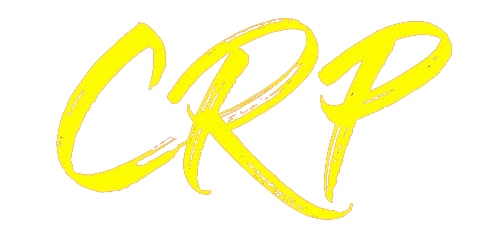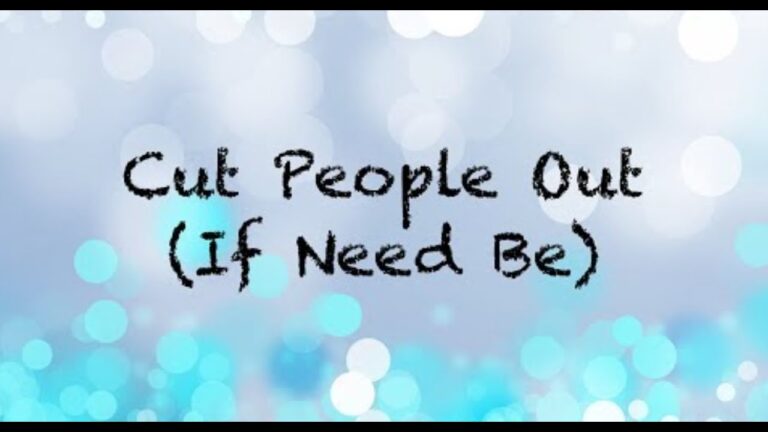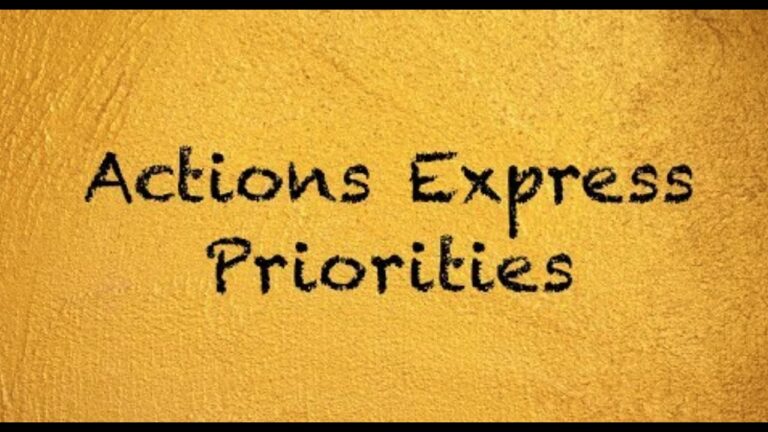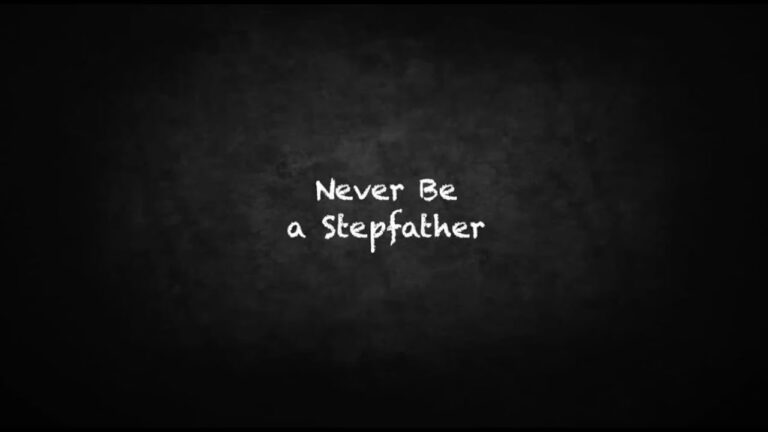How to Handle the “L”
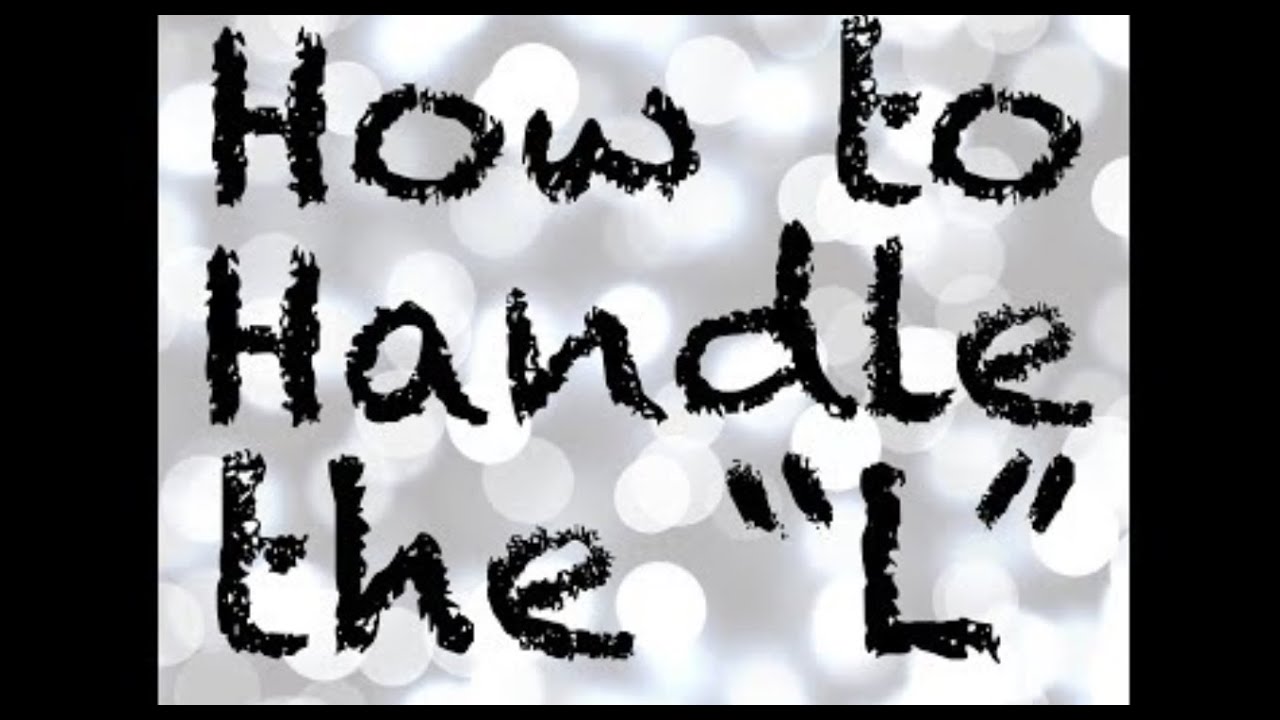
Key insights
- 🥊 It’s important to learn how to handle loss and failure, and how you carry yourself in those situations as a man is crucial.
- 🏃♂️ The last person in a race deserves respect for giving it their all, regardless of the outcome.
- 🏆 The man who consistently pushes and tries to be better is somebody you have to respect and admire, regardless of winning or losing.
- 💪 Learn from failures, not successes, and use them as opportunities for improvement.
- 🥊 The key to winning is using failure as motivation for the rematch and improvement.
- 🥊 It’s important to not show weaknesses and vulnerabilities in a loss, but changing the story will make other men see you as a bullshitter.
- 😡 When you lose and it wasn’t because the other guy was bigger, it’s because you didn’t give it your all or made a mistake, and that’s very bitter.
- 😞 Regretting not fully preparing for a meeting can overshadow any positive outcome that may have resulted.
How to Handle a Loss
The Importance of Handling Loss and Failure
Loss and failure are inevitable parts of life. Whether it’s losing in a street fight or being undercut by a competitor in a business deal, everyone experiences setbacks at some point. It’s crucial to learn how to handle these losses and failures with grace and resilience.
The Phases of a Loss
When it comes to handling a loss, there are two distinct phases: before the loss and after the loss.
Before the Loss
Before a loss, it’s important to prepare yourself mentally and physically. Whether you’re competing in a sporting event or embarking on a new project, giving it your all is crucial. Putting in the necessary effort and leaving no room for regrets will help you accept the outcome, regardless of the result.
It’s also important to remember that there will always be someone better than you in some areas. Losing to someone who is more skilled or experienced does not reflect badly on you. Instead, it’s an opportunity to learn and grow.
Additionally, it’s essential to respect those who give their all, even if they come in last. Their dedication and perseverance should be admired, as it shows character and determination.
After the Loss
After a loss, it’s crucial to keep your emotions in check. Venting frustrations or seeking pity from others will not help you grow or learn from the experience. Instead, focus on accepting the loss and using it as motivation to improve.
It’s natural to feel bitter and disappointed after a loss, but it’s important not to let those emotions consume you. Embrace the bitterness and use it to fuel your desire to come back stronger and achieve success in the future.
When faced with sympathy or pity, it’s best to acknowledge it briefly and move on. Dwelling on sympathy only dampens the bitterness you need to drive your future growth and success.
Learning from Failure
Failure is an essential part of the learning process. It’s through failures that we gain valuable insights and knowledge. Analyzing your failures and identifying the areas where you went wrong is crucial for personal growth.
Instead of shying away from failure, embrace it. Seek out failures and learn from them. They provide valuable lessons that successes cannot offer. Remember, you only truly learn from your failures, not your successes.
Shrugging off sympathy and focusing on self-improvement is key. Sympathy may make you feel better temporarily, but it hinders your ability to learn and grow. Embrace the bitterness of failure and use it to drive your desire to improve and succeed in the future.
Being Honest About Loss
Honesty is crucial when it comes to handling a loss. Never lie about a loss, whether to yourself or others. Lying about a loss not only undermines your reputation but also prevents you from identifying and addressing your weaknesses.
Other people can sense when you’re lying about a loss, and it diminishes their respect for you. Furthermore, lying to yourself about a loss prevents you from growing and learning from your mistakes. Embrace the truth of your failures and use them as stepping stones for improvement.
Accepting Unavoidable Loss
There will be times when you face opponents who are simply better than you. Accepting that fact and learning from the experience is crucial. It’s not a reflection of your worth as an individual, but rather an opportunity to grow and become better.
Making mistakes and losing due to factors beyond your control is a part of life. It’s important to acknowledge these mistakes, learn from them, and focus on improving for the future.
Ultimately, handling a loss requires resilience, self-reflection, and a commitment to personal growth. By accepting losses as opportunities for learning and improvement, you can bounce back stronger and achieve greater success in the future.
